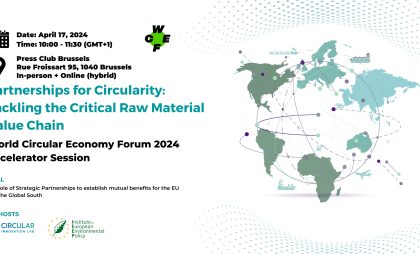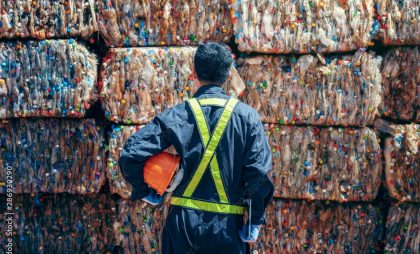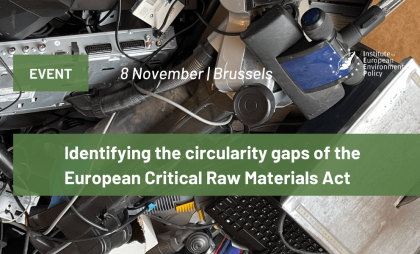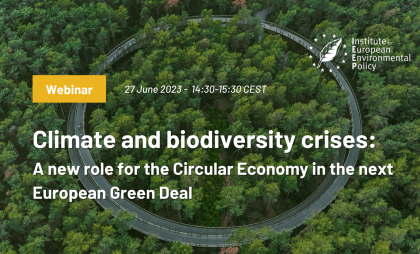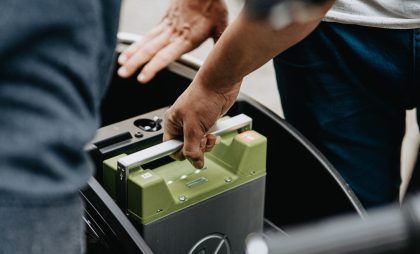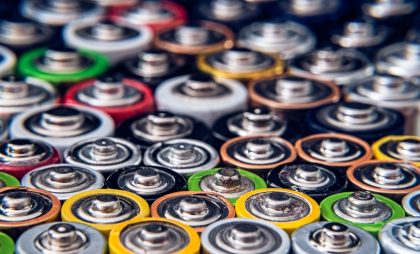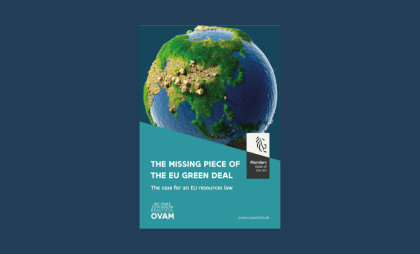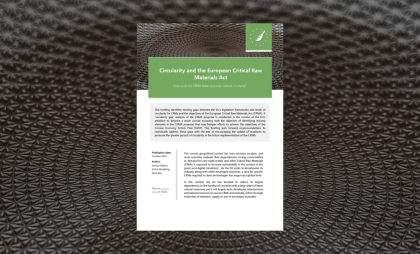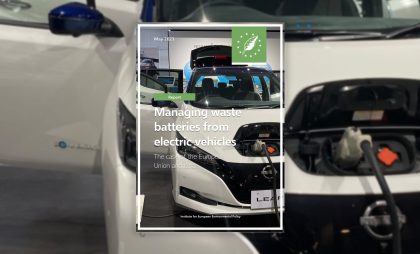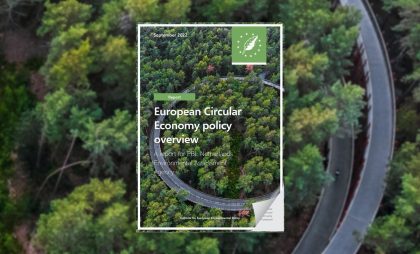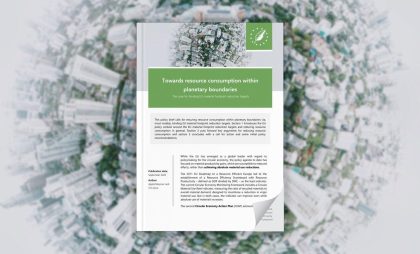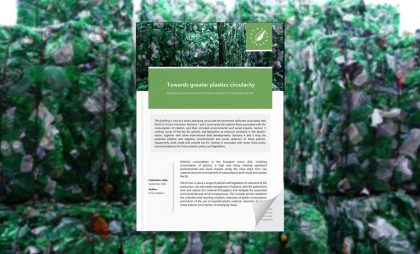Climate and Circular Economy
For more information
on the Climate and Circular Economy programme, please contact:

Chiara Antonelli
Head of programme
Natural resources and waste
EU policies are increasingly focusing on minimising natural resource use and maximising resource efficiency. At the same time, policies and legislation to address waste remain important to ensure excellent management of waste in the EU Member States.
IEEP works extensively on both natural resources and on product and waste policies. Our work consists of analysing existing policies, reviewing legislation and developing new measures.
IEEP’s work on resources includes research on natural resource use, resource efficiency, sustainable consumption and production, product policy and the circular economy. Our work on waste includes reviewing and proposing improvements to existing EU policy and law and Member State measures. The work ranges from large-scale research projects to detailed analysis of specific aspects of the legislation.
Latest news
- , Blogs
- , Events
- , Events
- , Blogs
- , Blogs

Research Director
Chiara Antonelli
Latest publications
- , Reports
- , Briefings
- , Reports
- , Reports
- , Briefings
- , Briefings

